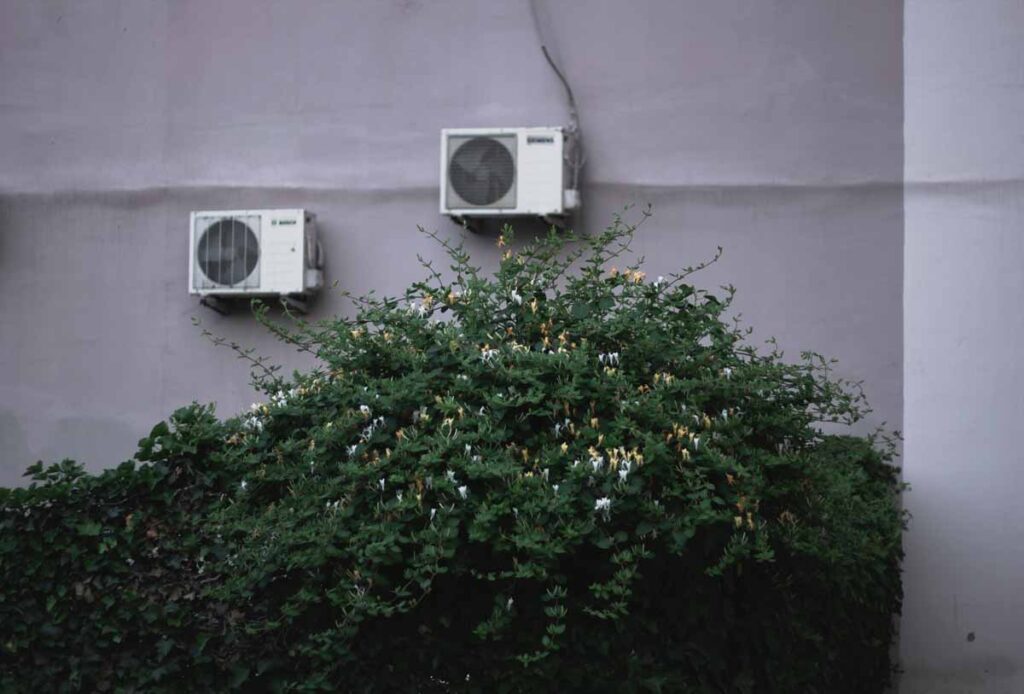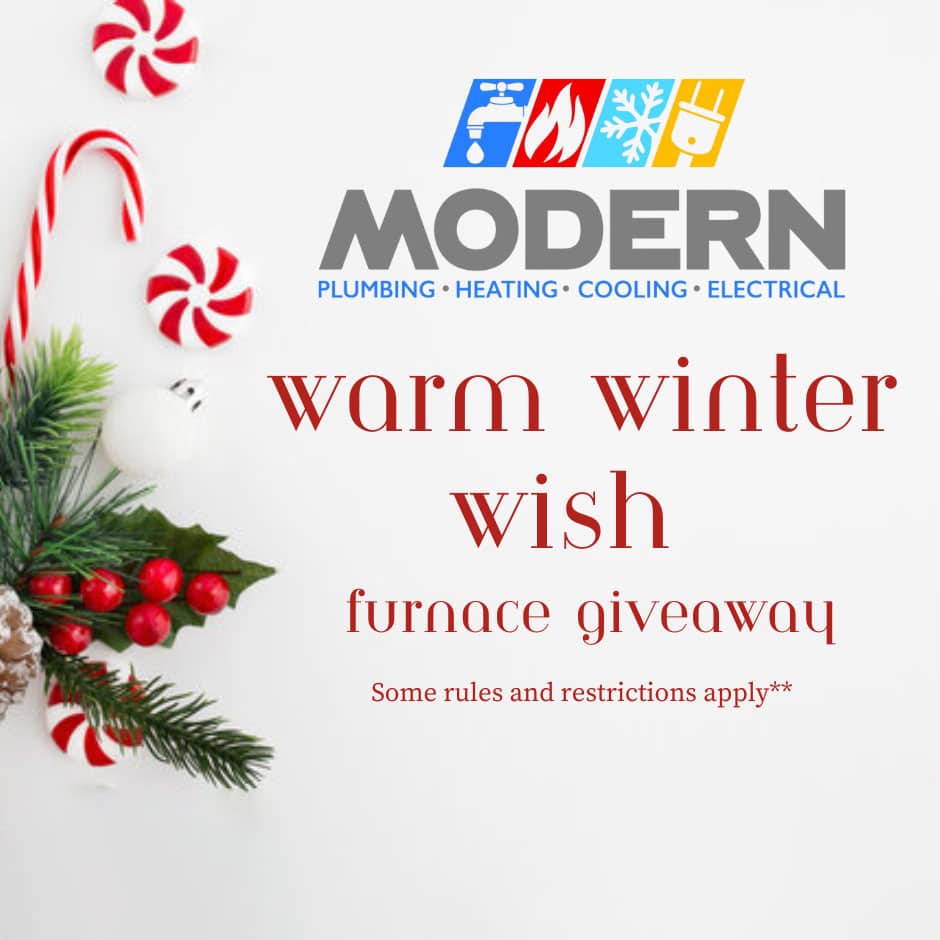When building a home or moving into a new one, the importance of making it a safe environment for you and your family couldn’t be more important. It often feels like there are a million gadgets, knick-knacks, and tools to buy and install to help purify your surroundings and ensure you stay safe.
It can be overwhelming to understand what these gadgets are, how to use them, and if they work. This article will offer a complete look at UV air purifiers and help you decide if they are the right option for you.
What are UV Air Purifiers?
Simply put, UV (ultraviolet) air purifiers use UV light to kill germs, bacteria, viruses, mold spores, and some other remnants that can be found in the air in your home. There are often mold and germs that you and your family should not be breathing, especially in older homes. Ultraviolet germicidal irradiation (UVGI) in UV air purifiers utilizes UV-C light to destroy the DNA and RNA of microorganisms, rendering them harmless and can significantly improve indoor air quality by reducing airborne pathogens.
UV purifiers help remove these impurities from the air and make it healthier to breathe. It is of the utmost importance that we do what we can to keep ourselves safe from viruses. UV air purifiers act as an air filter that traps and kills these viruses so that you and your family won’t breathe them and possibly get sick. They can help diminish airborne viruses, including COVID-19. In fact, hospitals and doctor’s offices often use these types of filters to keep patients safe through a more purified and sterile environment.

How do they Work?
There are different options for UV air purifiers regarding size, installation, and usage. Some are installed right into your HVAC (heating, ventilation, air conditioning) unit, and then air is circulated through them first. Others can be stand-alone units not connected to your HVAC system.
There are pros and cons to both types of purifiers, but they each can be effective in removing germs, mold, and viruses from the air in your home.
Understanding the science behind UV air purifiers can be complicated, but gaining a general understanding of how they work can help you feel informed when deciding if or which one is right for you.
UV light can be separated into 3 categories: UV-A, UV-B, and UV-C. UV-C light is typically used in these filters as it has the photons (light particles) with the highest energy that vibrate the fastest. Air purifiers use UV-C light to kill the DNA inside of cells. Most bacteria are single-celled organisms, so utilizing this light can destroy the DNA inside of the bacteria, rendering the bacteria harmless.
The important thing to understand when looking into UV air purifiers is that they use UV light to kill bacteria, viruses, and other airborne germs in your air so they can’t harm you.
Benefits of UV Air Purifiers
Breathing purer air has a lot of great health benefits. UV air purifiers can help filter out smells, viruses, and other germs. For one, they can help you, and your immune system avoid colds and other common viruses throughout the year. Avoiding breathing these bacteria and germs can help with allergy symptoms, eye, and skin irritation, and even relieve sore throats.
Finally, HVAC UV air purifiers are much easier to maintain than other forms of air purification. They help keep your HVAC system clean of dust and growth and they don’t have filters that require changing like other forms of air purification.
Clean air has health benefits for you, your family and your home. Purifying the air reduces the risk of damage to your home, insulation, and walls due to pests or other bacteria spores like mold.

How to Install UV Air Purifiers
At Modern PHE, we can help you install your new UV air purifier on your HVAC system. We make sure that it is done correctly, which will maximize the effectiveness of the UV light and your HVAC system. Hiring the right HVAC contractor can be overwhelming because you want to make sure you get the best quality for the best price. If you need help learning what you need to know before making this decision, check out this article.
Hiring someone to help you install your UV air purifier will allow us to test it out and ensure it is working correctly. If you feel capable, there are some videos that can help you learn, but we recommend letting experts install it.
If you have questions about installing, using or choosing a UV air filter, we would be happy to answer them. Contact us today!
Other Types of UV Purifiers
While UV air purifiers are popular in homes, office buildings, and hospitals, UV-C light is often used in other aspects of society to purify airborne pollutants like germs, bacteria, and viruses.
One of the most common uses of ultraviolet light purification is purifying and cleaning water. Just as the UV light is used to kill bacteria within the air, it can also be used to purify water. The water purification process uses the same technology to destroy the DNA within microorganisms, leaving them unable to reproduce and leaving them harmless.
Another option is to get a freestanding UV air purifier. These are much easier to install and use, but they can be less effective as not all the air is circulated through them. These are becoming an increasingly popular option to help people keep the air in their homes pure and safe for breathing. Most stores like Home Depot, Ace Hardware, or Lowes will sell both types of UV air purifiers. You can even order some on Amazon.
HEPA Filters for Enhanced Air Quality
In addition to UV air purifiers, integrating HEPA filters into your home can significantly enhance air quality. HEPA (High-Efficiency Particulate Air) filters are designed to capture 99.97% of particles that are 0.3 microns in diameter, including dust, pollen, pet dander, and even some bacteria and viruses. Unlike UV air purifiers that use light to neutralize microorganisms, HEPA filters physically trap airborne particles, preventing them from circulating in your home.
Combining UV air purifiers with HEPA filters can offer a comprehensive solution: the UV light neutralizes the harmful germs and viruses, while the HEPA filter captures these and other particulates, ensuring you breathe cleaner, healthier air. This approach is particularly beneficial for those with allergies or respiratory conditions, as it significantly reduces the presence of irritants and pathogens in the air. Whether you opt for an HVAC-integrated system or standalone units, incorporating HEPA filters alongside UV air purifiers can create a safer and more comfortable living environment for you and your family.
What Should You Do Next?
Moving forward, it is becoming more critical that we have pure air to breathe, free from airborne contaminants, especially within the safety of our own homes. There are a plethora of germs, bacteria, and viruses we breathe that can cause severe illness, especially during the winter season.
We want to help you make sure the air in your home is clean and pure for you and your family. If you are interested in installing a UV air purifier in your HVAC equipment, call us at (208) 745-7021, and we can help you move forward with making the best decision for you, your home and your system.


